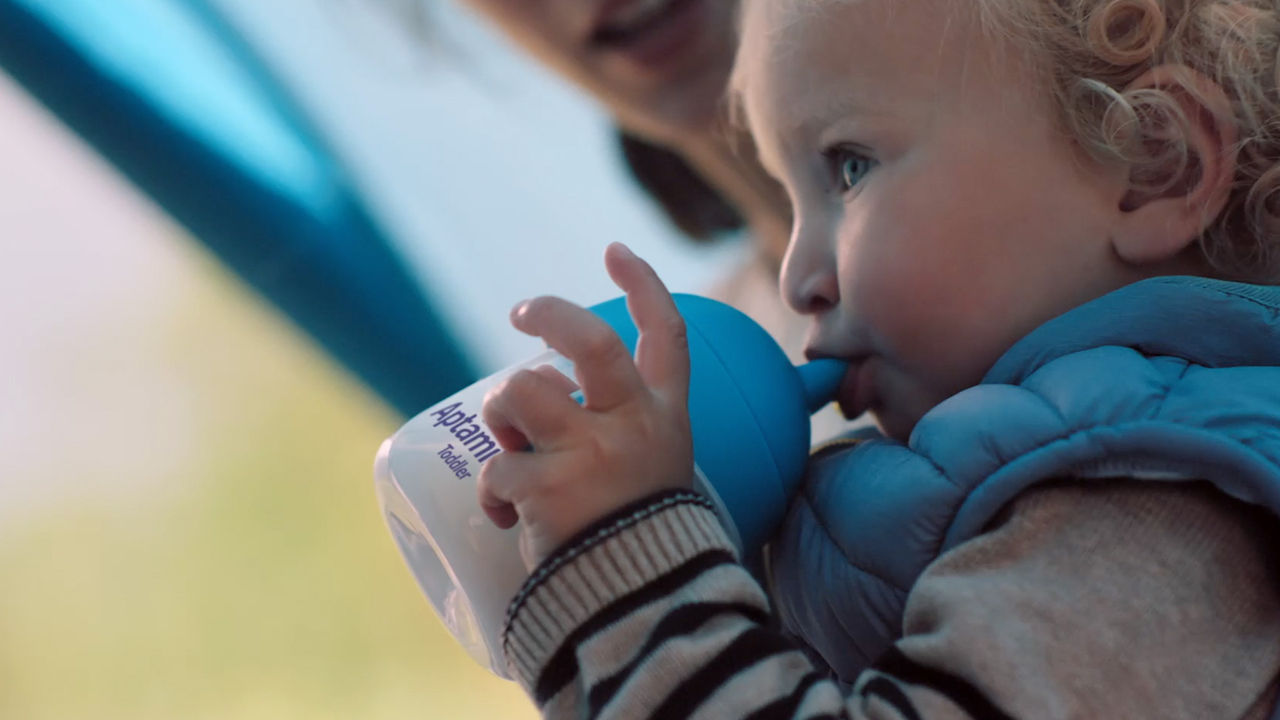The world our children are born into today is forever evolving and changing. They’ll encounter many opportunities but also many challenges, so it’s important our little ones start to develop their resilience right from the start. They’ll feel the benefits throughout their lives.
Why is resilience so important?
Resilience helps our children deal independently and flexibly with whatever experiences come along. Nowadays, this ability is more important than ever. The world is constantly changing and we don’t know what challenges our children will face in the future. Ensuring they build resilience gives them every chance to cope well right now and later in life.
How can we promote resilience in children from the beginning?
The best way to promote resilience is to let your child discover the world right from the start. Their resilience will grow with every experience they have.
Resilience develops in a very simple cycle: every experience leads to more resilience. Having lots of resilience enables them to collect all kinds of new experiences. From their first paddle in a swimming pool to their first bike ride – every early contact with people and the environment supports the development of their resilience.
The immune system: important for early experiences
An important basis for the development of resilience is a healthy immune system: it makes your child ready from the inside for valuable experiences with the outside world.
At birth, your baby’s immune system is still immature. The human immune system develops for a lifetime; it trains and learns – because even strong bodily defences start small. However, the immune system is essentially shaped by the 3rd birthday. During this time, a balanced and healthy diet will provide your child with the essential nutrients they need so their immune system can develop optimally – be it through contact with other children or through contact with cold and dirt.
You can help your child gain these important experiences by playing and exercising outside in the fresh air, through a natural and not too sterile environment.
Nutrition is important for the immune system
Nutrition plays a particularly important role in the development of the immune system. A continuous supply of food and drink with valuable nutrients such as vitamins A, C, and D is essential for a healthy immune system.
With a healthy immune system your child is ready to discover the world. Aptamil Toddler Milk is based on 50 years of research and complements a balanced diet with its unique formulation. It is specially formulated for young children, when intake of energy and nutrients may not be adequate. It contains vitamins A, C, and D, which contribute to a healthy immune system.
If children have a healthy immune system, they can discover the world and thereby develop their own resilience. Aptamil Toddler helps parents to prepare their child for the future in the best possible way.





